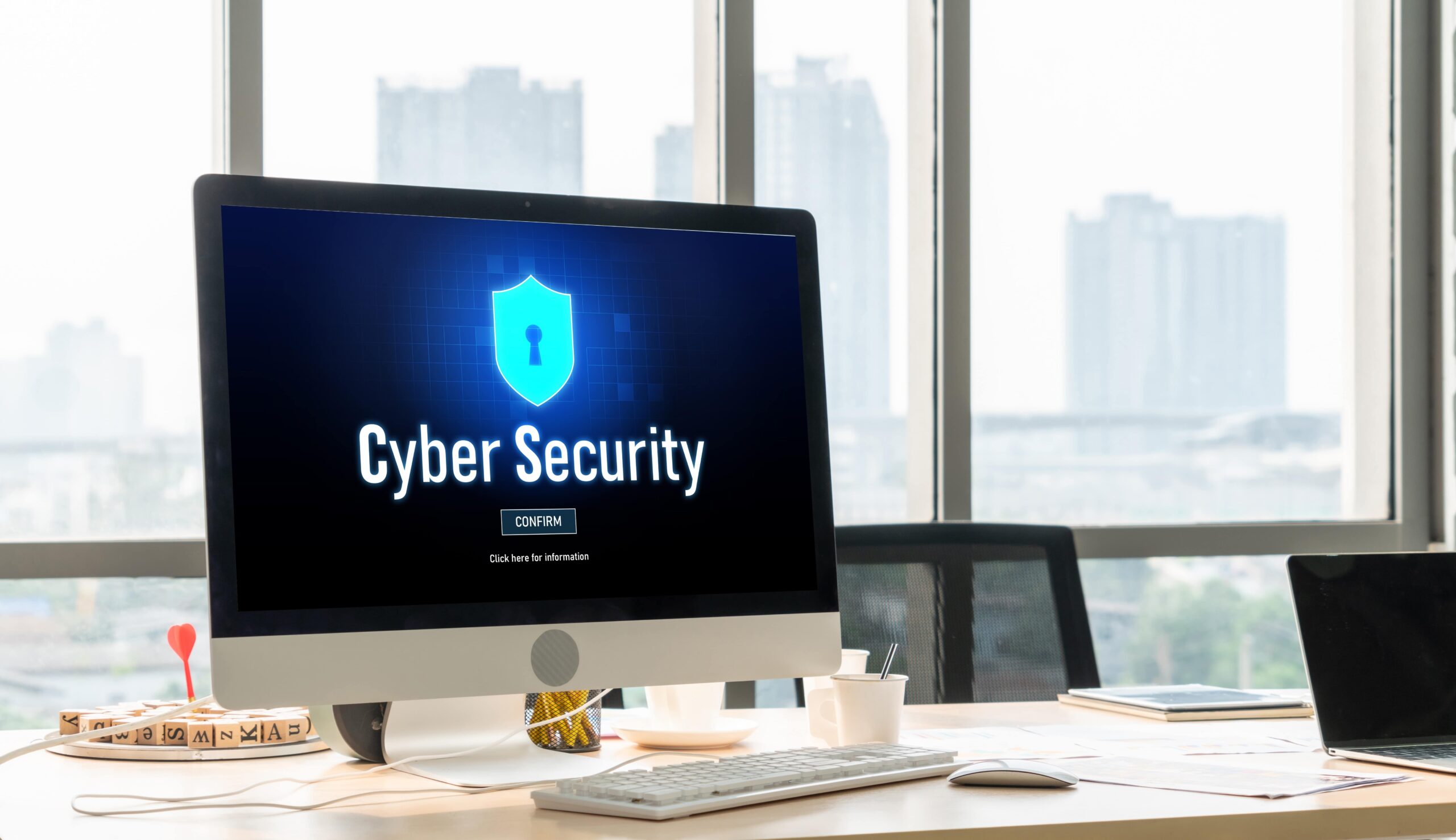With support solutions for the home and office, My Computer Works is here to help you get back to your life.
How to protect yourself from ransomware

Ransomware is one of the fastest growing areas of cyber crime. Just this past May, a significant ransomware attack targeted a major oil pipeline on the east coast, causing widespread fuel shortages for nearly a week. Cyber criminals are becoming sneakier and evolving their types of attacks to disrupt everyday life for big industries, small businesses, and everyday people at home on their personal computers. Anyone is vulnerable, which is why it’s important to stay vigilant. Let’s look at why ransomware is harmful and what you can do to protect yourself.
What is Ransomware?
Ransomware is a form of malicious software, or malware, that holds your computer at ransom, locking your screen and encrypting your data so it’s unusable. Typically, your screen will flash a scare tactic message from the hacker, demanding a ransom for you to get your kidnapped files back.
Do I Need to Worry About Ransomware on my Home Computer?
We know what you’re thinking, if the point is to extort money, why would cyber criminals target a random individual when they can go after a large enterprise? Not all cyber criminals are as sophisticated. People at home are low hanging fruits and easier targets, especially for criminals that aren’t yet playing in the big leagues of their criminal activity.
How does Ransomware Get on my Computer?
With larger businesses, hackers look for security flaws in their systems such as accessing sloppily stored passwords. When targeting individuals, there are two common ways cyber criminals break into your computer:
Phishing Emails
One of the most common ransomware attacks occurs when folks open unsolicited emails that have infected links or attachments. Hackers design these phishing emails to look legitimate, mimicking your bank or a company you order from. They’ll pose a sense of urgency, prompting you to click on a link or open an attachment. If they get you to do that – the ransomware download begins.
It’s a red flag anytime you read an email that urges you to act fast. Never click on an attachment unless it’s from a trusted source. Check the email’s sender address. If it’s unfamiliar and doesn’t seem to match the company’s name, then it’s probably malware. Also check the name the email is addressed to since your name should be in the recipient line. If the text shows undisclosed recipients, an email address other than yours, or one that’s a character off from yours, it may be malware. When in doubt, click out.
Drive by Downloads
Here, you only need to visit or “drive by” an infected website for a hacker to silently install malware on your device. You don’t need to click on or install anything, just visiting and browsing the website will start the malicious download. This often happens on fraudulent websites that appear to look legitimate.
For example, you may come across a website with a pop up notification explaining that your Adobe Flash Player is out of date. The pop up conveniently provides a download of the latest version. While this may sound helpful, it’s not valid and most likely laced with malware.
Should I Pay a Ransom?
You should never pay a hacker. There’s no guarantee you’ll receive your stolen files or regain control of your device. If you pay, there’s no stopping the cybercriminal from extorting more money from you or targeting you again in the future since they know you’re likely to fork up the cash. Giving hackers what they want – your money – creates a bigger market for them to thrive.
How to Protect Yourself from Ransomware
Practice Vigilance. Never open links or download attachments from suspicious emails. Only download software, programs, and apps from the program’s official site or from your device’s app store.
Back Up Data. Back up your data onto an external hard drive or a cloud regularly. Remember to unplug your external drive when not in use as some malware can also infect devices attached to your computer.
Update Software. Install software updates in a timely manner. Your operating system will typically alert you when an update is ready to download.
If you become a victim to a ransomware attack, never try to remove the malicious software on your own and call My Computer Works at 866-343-7103 immediately.
Our expert technicians are constantly working to keep our customer’s safe. We use the best tools and software in the industry to help companies and individuals prevent and recover from many viruses. Our IT professionals will sweep your device to strengthen its operating settings, configure the right antivirus software, and arm your computer from any attacks lurking in the midst.
The key takeaways are to stay vigilant with good browsing practices, avoid suspicious downloads, regularly back up your data on all your devices, install software updates as soon as they’re available, and ensure your devices are updated with antivirus and antispyware software.
If you have questions about how to stay safe from cybersecurity threats, give us a ring and we’ll talk you through how to protect yourself and how we can help.

